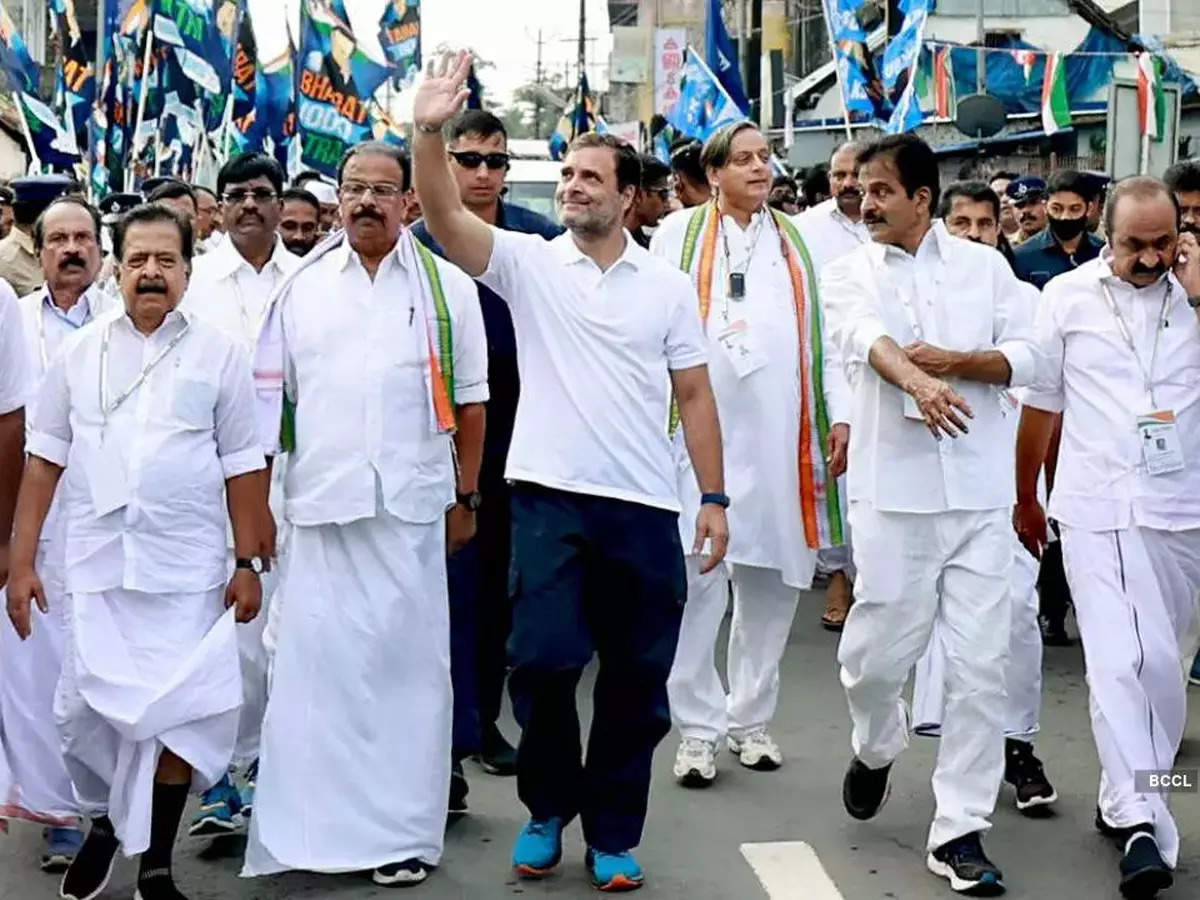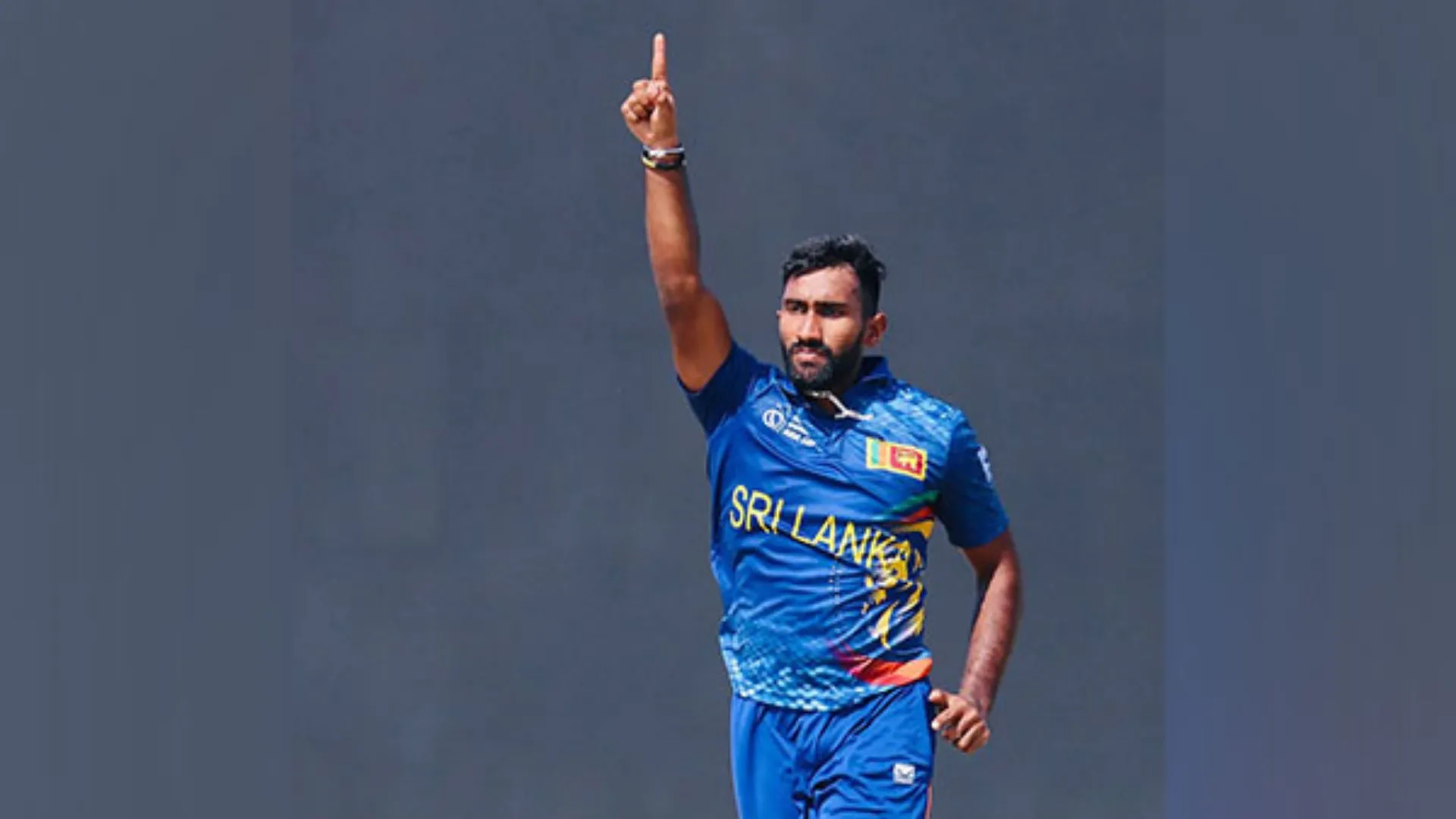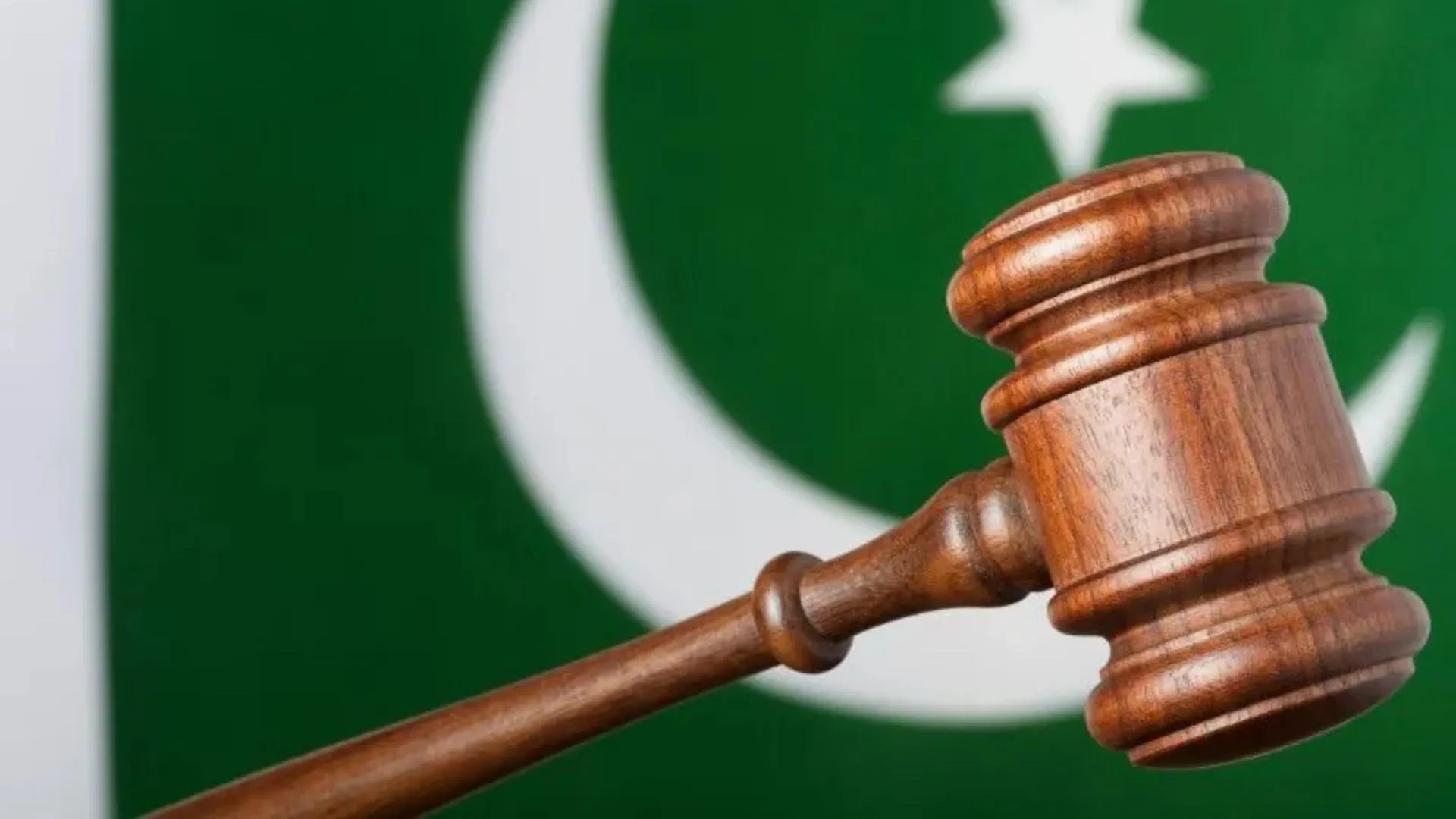Just before India’s independence, the Congress party in 1939 faced its first biggest crisis. Subhas Chandra Bose was elected as President of Indian National Congress during the party’s session in Madhya Pradesh’s Tripuri. Bose had won the elections by securing 1580 votes defeating Dr Pattabhi Sitaramayya who managed 1377 votes. The defeat of Sitaramayya who Gandhi proposed, came as a major blow to Gandhi. He was not in favour of making Bose the President of the grand old party.
Gandhi’s Dictatorial Grip
In a dramatic and history changing statement Gandhi said, “I am glad of his (Subhas’s) victory….and since I was instrumental in inducing Dr Pattabhi not to withdraw his name after Maulana Azad Sahib done so, the defeat is more mine than his….”, Gandhi declared that Sitaramaiyya’s loss was his own loss. This created unrest in the rank and file of the Congress. The Gandhi loyalists got to work almost immediately blocking the newly-appointed President Subhas Chandra Bose at every step.
In Tripuri Congress, a resolution was brought in by Govind Ballabh Pant, supported by 160 signatories stating “The committee declares its firm adherence to the fundamental policies of the Congress which have governed its programme in the past years under the guidance of Mahatma Gandhi and is definitely of the opinion that there should be no break in these policies and they should continue to govern the Congress policies in future.
This resolution supported by so many diluted the powers of Subhas Chandra Bose stifling his leadership and shrinking his scope of impact considerably. Stifled and crippled as President, Subhas Bose resigned later that year.
In a heart rending letter On 28 March 1939, Bose wrote to Nehru, “I may tell you that since the Presidential election, you have done more to lower me in the estimation of the public than all the twelve ex-members of the Working Committee put together”.
In one of his writings, Dr Pattabhi Sitaramayya highlighted the difference between Gandhi and Bose – “With Gandhi Means are Ends. With Subhas Ends are Means. They were two polar opposites. Gandhi is moved by instincts. Subhas was guided by reason.”
This Tripuri split shows Subhas Chandra Bose’s struggle attempting to gain control of the party. It also highlights the highly personalized high-command structure of the party. It exposes the dictatorial grip Gandhi held over Congress. It’s clear that tenets of democracy were never followed.
Gandhi wielded power then and the now it’s the Gandhis …
Costly Mistakes of Contemporary Congress
Among many leadership flaws of Congress, some need a special mention. Sachin Pilot who was considered as the architect of Congress victory in Rajasthan was sidelined and Ashok Gehlot was made the Chief Minister. This step has an uncanny resemblance to how Himanta Biswa Sharma was ignored and Tarun Gogoi was coronated in Assam – that mistake proved very costly. The whole of northeast India turned towards BJP. In Punjab too the Gandhis made a similar mistake. They picked up Navjot Singh Sidhu as the state Congress president despite his rivalry with chief minister Amarinder Singh. This lead to a similar crisis, and Charanjit Singh Channi had to be appointed as the new CM. Ignoring Jyotiraditya Scindia and moving him to the periphery was a great mistake. He along with a group of 22 MLAs of Congress joined BJP!
Why Bharat Jodo?
Ignoring the most pressing call of uniting his party, Rahul Gandhi set out on his controversial Bharat Jodo Yatra. The not so young scion of the party is embracing controversies at every step. His speech on the alleged allegiance of Veer Savarkar with the British roused anger amongst many patriots of the country making it a very controversial topic to take up during his yatra. It managed to anger Shiva Sena too, with Uddhav Thackery openly supporting Veer Savarkar’s commitment to the nation. Walking with Medha Patkar was perhaps Rahul Gandhi’s biggest mistake. Entire Gujarat knows that it was this activist who stopped development of Gujarat for a few decades with her Narmada Bachao Andolan. Having invited the ire of Gujarat, including the Prime Minister for choosing her as a walking partner, Rahul has the toughest stretch ahead – in Rajasthan where Gujjars vowed to ensure he doesn’t step in and both Sachin and Gehlot making their own divergent plans in the State.
Though not very significant, some small issues like Punjab by-election campaign being boycotted by Kumari Selja and Surjewala, insecurity about Kamal Nath not continuing in the party, keeping a watch on the 16 Congress MLAs who had cross-voted in favour of NDA presidential candidate Droupadi Murmu, to Marri Shashidhar Reddy joining BJP can prove to be thorny and painful in future.
Rahul’s yatra was meant to send a message of harmony, unity and compassion. One wonders how that is going to be achieved with so much mayhem going on inside the party. How can Bharat Jodo Yatra revive and transform the party’s form – with splits & cracks in its fragile frame? Over a century all it showed to the world is a culture punctuated by insecurities, intra party competition and vulnerabilities.
Its not inappropriate to mention the Surat Split here…
Surat Split
The Indian National Congress split into two groups – the Moderates and Radicals at the Surat session in 1907. The Moderates and the Radicals patched up their differences for a year, but in 1907 the two groups permanently split up. When they met for their annual session, they shouted, threw chairs and shoes at each other. The world is a witness to the fragile organizational structure of Congress. Fractures everywhere– some hair line, some beyond repair and some leading to amputation. The story of the grand old party.
Mallikarjun Kharge, among other things, has to bring back the G-23 members into the party fold. If his leadership is going to be judged on uniting the party, it may well remember ‘A kiss under the mistletoe cannot heal century old fractures’.
Karuna Gopal Vartakavi is the president, Foundation for Futuristic Cities and also BJP National Incharge, Women Policies & Research













